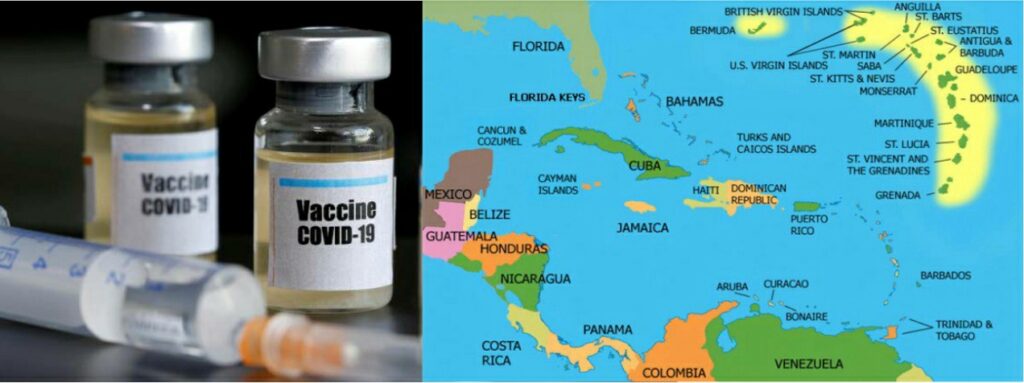
CARICOM’s heads of Government are determined that the region will see herd immunity of 80 per cent coverage before the end of 2021 and, to this end, agreed to redouble their efforts to acquire adequate supplies of vaccines at this week’s heads of government meeting.
The group tabled a report on the COVID-19 situation from the Caribbean Public Health Agency (CARPHA), in particular citing the critical, continuing need for equitable access to vaccines as well as how to treat with the emerging COVID variants.
Agreeing that such access is of utmost importance, efforts to achieve same should be pursued with PAHO/WHO, Third States, and the Facilitation Council for the Access to COVID-19 Tools (ACT) Accelerator to address this matter.
The regional secretariat is being asked to continue to collaborate with CARPHA, the Pan American Health Organization (PAHO), regional nursing, medical and allied health professional bodies and institutions, to identify strategies and policy guidelines to address vaccine hesitancy, using an evidence-based approach, and to develop a communication strategy on the issue at national and regional levels. The importance of vaccination to herd immunity was expressed in the following terms: no one is safe until everyone is safe.
In each country, states must ensure that businesses’ employees co-operate with employers to ensure a safe working environment either through vaccination or regular testing.
Heads of Government expressed appreciation to the Prime Minister of Trinidad and Tobago, Dr. the Honourable Keith Rowley, CARPHA, and the CARICOM Secretariat for the work undertaken to acquire vaccines, the support of Third States, Regional Organisations and the community of International Development Partners (IDPs) and the U.S. for its planned offer of vaccines.
In other health news, the region will take a country-by-country approach to the issue of Antimicrobial Resistance (AMR), a silently expanding global threat with potentially devastating health, social and economic impacts for the Region.
AMR occurs when bacteria, viruses, fungi and parasites change over time making manageable infections harder to treat with existing medicines, therefore increasing the risk of disease spreads, severe illness and death. With food production and safety at risk along with the threat of climate change, catastrophe would ensue.
Thus, in response to the challenge, Heads of Government agreed to establish multi-sectoral AMR national action plans in line with the One Health approach including integrated AMR surveillance systems for the human, animal, plant and environmental sectors.